For the anniversary of the well-known social and political activist of Karachay-Cherkessia Ismel Bidzhev, the WAC web info portal tells about the path, family, life values and unusual hobbies of this extraordinary person.
Lyudmila Aysanova
January 25 marks the 65th anniversary of the well-known socio-political figure of the Karachay-Cherkess Republic, candidate of political sciences, chairman of the Committee on regulations and credentials of the People’s Assembly (Parliament) of the Karachay-Cherkess Republic Ismel Abdul-Gazizovich Bidzhev.
It seems to me that the story of a successful person cannot be presented holistically without touching, to one degree or another, the origin, roots of the hero. Probably because a person who realizes the importance of the connection of times, the importance of preserving genetic memory and traditions, is just able to build his life happily and interestingly. His life path is always focused on imitation of elders, on preservation and development in themselves of their best qualities and skills. This positive experience, in turn, remains in the family and is passed on to children.
Ismel Abdul-Gazizovich Bidzhev refers to this type of people. They say about such people: “A worthy son of his ancestors.”
Here we go, beginning the conversation, agree first of all to recall the history of their kind.
Ubykhs Bidzhevs
Ismel always explains the origin history of the Bidzhevs' surnames the same way, everywhere, so as not to offend anyone: “I can visit and host my Abydzhba brothers from Abkhazia, I can come to Adygea to the Bizhevs, keep in touch with the Karachay Bigzhievs, and also meet with my brothers abroad. We all are united by belonging to the ancient Ubykh ethnic culture. We are always united in this,” he says.
My interlocutor is from a large family, six generations living in the village of Kubina. Ismel was born in this village when his father was 53 and his mother 48.
Parents were ordinary workers in the village; their names were Abdul-Gaziz Pashevich and Hadzhar Nasypovna. In total, eight children were born in this family.
Ismel was the youngest, and was named after his paternal great-grandfather. Ismel Abdul-Gazizovich had two brothers, Muzakir and Askerby (now deceased), there are two sisters Ksenia and Tamara, who today - of course - maintain close family ties with the heir and custodian of the parental home and hearth.
“My maternal grandfather also had a large family, he had 22 children,” Ismel Abdul-Gazizovich continues, and adds, smiling: “This kind of experience could be a good example today for improving the demographic situation in Abaza, Abkhaz families and more”.
The history of his ancestors is interesting and at the same time tragic. Grandfather, Pasha Ismelevich Bidzhev, was a religious figure, served as a muezzin (a servant of a mosque in Islam - ed.). One of his sons Bemyrza (uncle of Ismel), continuing his father's work, became famous and respected effendi (title and officer rank originating from the countries of the East ed- .) in the village of Kubina. The maternal grandfather - Nasyp Dzhancherov - before the revolution of 1917 was the foreman of the village of Kubina, then this was equated to the post of chairman of the village council. Unfortunately, during the period of collectivization and mass political repression, in 1926, he was shot.
Bidzhev willingly displays photographs of those years, carefully preserved. His ancestors captured on the photos in colorful robes, with courageous faces radiate incredible spirit and don’t leave you indifferent.
“Everything collapsed in one day”
The story gradually moves on to the fate of Ismel's parents.
Once, while on farm work in the field, his father accidentally found out that his wife and two children, along with many fellow villagers, “are already at the Dzheguta railway station in freight cars for deportation.” It was 1933, the period of the most massive repressions (mass political repressions carried out in the USSR during the period of Stalinism from the late 1920s to the beginning of the 1950s - ed.).
“Everything collapsed in one day,” Ismel remarks bitterly.
Then Abdul-Gaziz, a young and courageous man, glancing around at the devastated parental house, without hesitation for a minute, rushed to catch up with his family - and managed by a miracle. All this happened on April 17, 1933. The young parents of Ismel that day could not have imagined that they were leaving for long 18 years, that both of their babies could not bear the hardships of the way to their destination and would die on the road, and that the third child born on arrival to a foreign land would die too ...
Migrants had to settle in the Krasny Cherkess agricultural cartel in the Vasysky district of the Omsk region, where they, along with immigrants from the Cherkess autonomous region, were assigned to live and work.
“They say that a person is able to survive a lot if he is strong enough in spirit and body. That was exactly what my parents were,” says Ismel proudly.
Of course, enormous willpower and hard work were required in order to start life anew in a new place.
“My ancestors endured this difficult period of life with honor and dignity. My elder brother Muzakir, sisters Ksenia and Tamara were born in a foreign land. Askerby (the elder brother - ed.) and I were born in Abazashta, after the parents returned to their homeland in 1951,” says Ismel Abdul-Gazizovich.
Tribute to the memory
Noting how he still cares about this topic, I wonder if his parents later had a desire to visit those places where they had to live so long.
“My father was extremely reluctant to recall the details of the expulsion, but I myself went there four times from among the relatives of the settlers as part of the initiative group,” Ismel Abdul-Gazizovich shares, showing a bunch of copies of archival documents and photographs.
It turns out that he even managed to find the protocol of the meeting of collective farmers of September 3, 1941, which was chaired by his father, lists of immigrants from Circassia, evidence of their labor successes. The main result of those expeditions was the opening of a memorial complex in 2019 at the place of a transit point in the Pologrudovo rural settlement of the Omsk region.
“This is a tribute to all our loved ones who endured the hardships of life in the tragic period of our history,” Ismel explains.
Participant in the construction of the century
Returning to the life path of Ismel Bidzhev himself, it is worth noting that no matter what he does, he always did and does it with his inherent integrity, attention and respect for people, which today is quite infrequent.
The well-known and respected politician and statesman of Karachay-Cherkessia Ismel Bidzhev has always been both serious and enthusiastic at the same time. He tells how, as a boy, in the seventh form, he became seriously interested in amateur radio. He even managed to go on air and surprise friends and acquaintances with congratulations. He could also easily fix the household appliances and help the neighbors.
“It was not possible to develop in this direction: I failed the exams at the Taganrog Radio Engineering Institute, and as a result I ended up at a construction site,” Ismel tells about the beginning of his career when he worked as a bricklayer.
A little later, the young man will serve in the army and graduate from the Stavropol Polytechnic Institute, devote 18 years to the vocation of the builder.
This period of his life is notable for the fact that Ismel Bidzhev was a participant in a global project for the construction of Europe’s largest greenhouse farm “Yuzhny” on 144 hectares and a housing estate for 12 thousand residents near his native village of Kubina.
In the field of construction, almost from the very beginning of his career, Bidzhev held leadership positions. From February 2001 to March 2004 he was the head of the Foreign Economic Relations Department of the Cherkessk city administration.
There is one more fact from his life when he was a builder: in 1995-1996, he, as a specialist in the construction department, restored the Budyonovo hospital after the tragic attack of terrorists on a medical institution.
Public figure and politician
Like all promising young people of that time, Ismel Abdul-Gazizovich Bidzhev was actively engaged in public work. Serving in the armed forces of the USSR, in Germany, he worked as deputy secretary of the Komsomol organization of the garrison.
“Further, as it should be, I joined the Communist Party of the Soviet Union in 1984 and still remain in its ranks, while trying not to change its ideals, no matter how trite it may sound,” Ismel tells about his political views.
In March 2003, Bidzhev was elected the first secretary of the Committee of the Karachay-Cherkess Regional Branch of the Communist Party, and he became a member of the Central Committee of the Communist Party. In 2004, he became a deputy of the National Assembly (Parliament) of the Karachay-Cherkess Republic. By that time, he had already had experience working as a deputy in the village and city councils.
Today, Ismel Bidzhev is elected for the fourth time as a deputy of the legislative body of the Karachay-Cherkess Republic. During this period, he twice headed the committee on science, education, culture, sports, youth affairs and tourism, worked as deputy chairman of the Сommittee on local government, national politics, relations with public associations and religious organizations. Now he is the chairman of the Committee on regulations and credentials.
Like every politician, in his life, in a kaleidoscope of changing realities and fierce confrontations, sometimes he faced rejection of his activities. Nevertheless, Bidzhev gained popularity in the Republic and earned respect even among his opponents because of his honesty and integrity, partiality, optimism.
“Doing good do not expect the praise”
By the way, I, the author of this essay, had the opportunity to personally work with Ismel Abdul-Gazizovich Bidzhev for a certain time - on several commissions relating to the implementation of the laws of socio-economic and cultural development of the small Abaza people, which he headed. Therefore, I know firsthand about his not only professional, but also his best human qualities. Those around him appreciate him for his devotion to his people and his love for his homeland, for his ability to listen to people, to come to the aid of those in need, and to help them in word and deed. All this in the life of each of us is becoming less and less, and this, moreover, is valuable to people who are called to serve the state and society.
When I tried to further develop this topic, then, as befits a real man and a highlander, Ismel Abdul-Gazizovich stopped me, saying: “My late father in such cases recalled the old Abaza proverb “Doing good do not expect the praise.” That is how I try to live.”
Climbing Elbrus
Ismel Abdul-Gazizovich is happy in his family. He married his wife, a graduate of the Physics and Mathematics Department of the Karachay-Cherkess Pedagogical Institute, Sima Evamukova, who lived on the next street, in 1979. They have wonderful children - two sons and a daughter, and already have six grandchildren whom they are proud of. Whatever the prospects and possibilities of a cloudless life call them to other places, young people remain in the Bidzhovs' family nest, live happily in their father’s yard, modernly furnished. The old house of the ancestors was specially preserved, carefully trimmed as a symbol of continuity and memory.
Knowing about the successes of his children, I asked Ismel, who of them, in his opinion, was able to achieve the same heights in their careers. To this, he, either jokingly or seriously, replied: “I am quite satisfied with the children, but only my nephew, the son of my sister Ksenia, Murat Nukhovich Ozov (a world-famous athlete in the past, the head of the Abazinsky municipal district, and now the Head of the Administration of the President of the Karachay-Cherkess Republic - ed.) managed to become more successful than me”. At that moment I thought that it is unlikely that the eminent nephew himself thinks so, given his well-known modesty, inherited from his relatives. Most likely, in perseverance and achieving goals, in addition to his father, Murat Nukhovich certainly looked up to his esteemed uncle.
Concluding the essay about Ismel Abdul-Gazizovich Bidzhev, I cannot but share with readers another very interesting fact from his life, confirming, once again, his determination and firmness of mind. Bidzhev climbed Elbrus, the highest mountain peak in Russia and Europe, five times! This is just unbelievable!
For the first time, he was invited to join the expedition by colleagues from Saratov, whom he helped accommodate in the climbing tent camp “Alibek” in Karachay-Cherkessia. Watching their exhausting workouts, Ismel jokingly said: “Just think, the steppe guys climbed our mountains! And in response he heard: “Dare you to come with us?”
Later, in 2006, Ismel Abdul-Gazizovich, after the party’s next plenary meeting in Moscow, ran into the head of that expedition, State Duma deputy Valery Rashkin, who immediately recalled the recent conversation.
“Here I decided to prove to them and myself that I will easily conquer “my” mountains. This is a very difficult and dangerous event, but after the first time it was difficult to stop me, I was so impressed with what I saw there,” says Ismel.
He shared one of his impressions of the “miracle” in the mountains: on one of his ascents to Elbrus, he was lucky to see an amazing natural phenomenon: 15 small whirlwinds, tornadoes, simultaneously circled, as if in dance, disappeared after a few minutes, and then the bright sun instantly came out. It is clear that it is for the sake of such moments and unusual sensations that people go to the mountains again and again!
Let Ismel Abdul-Gazizovich for many years remain in excellent physical and business form, feel happy in the family, enjoy the fruits of his labors. We sincerely wish you, dear Ismel Abdul-Gazizovich, health and conquering new heights!
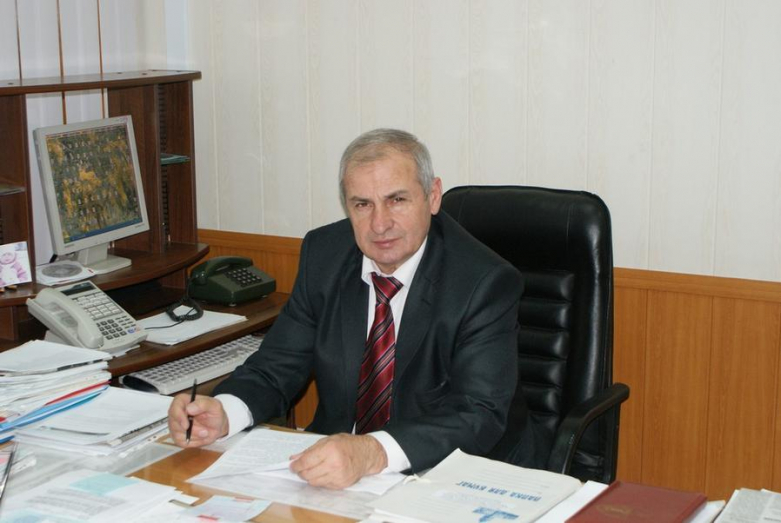
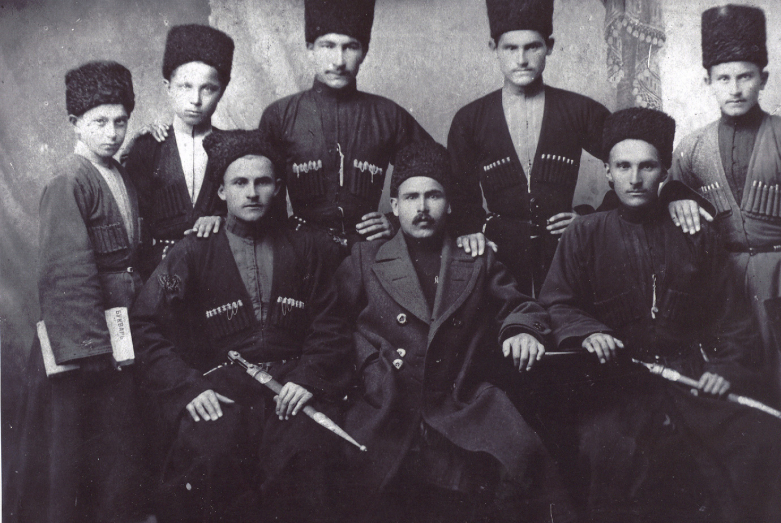
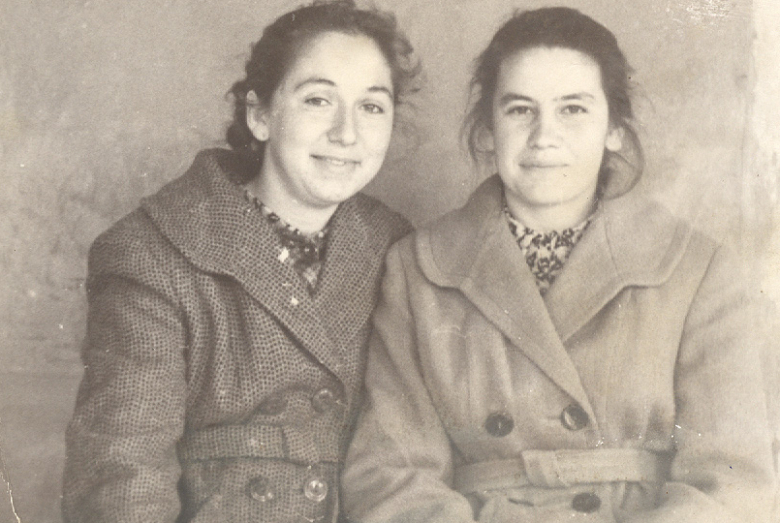
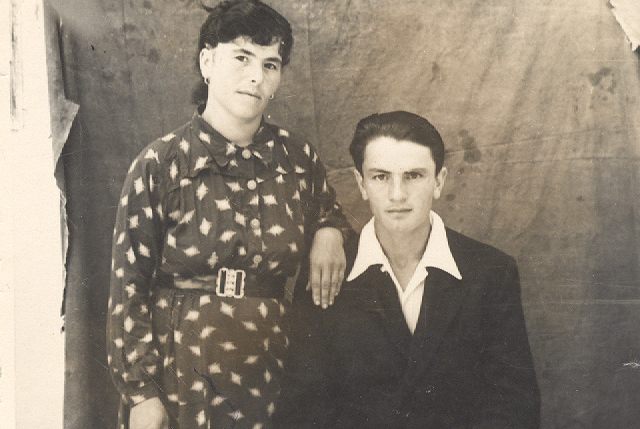
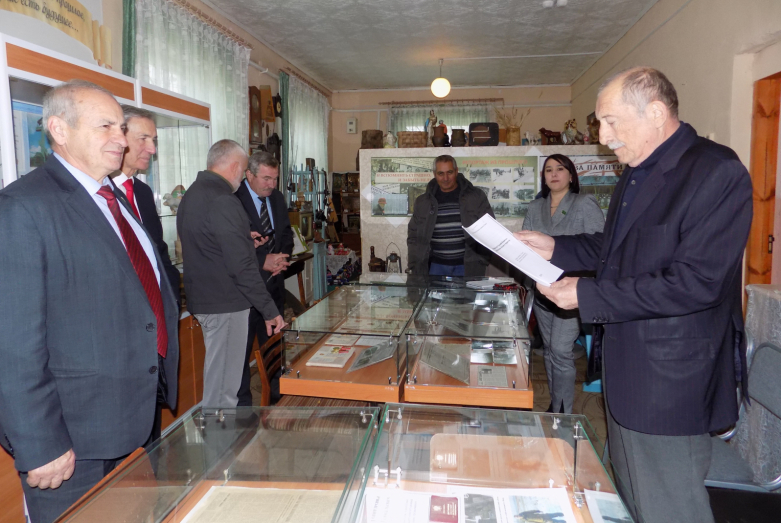
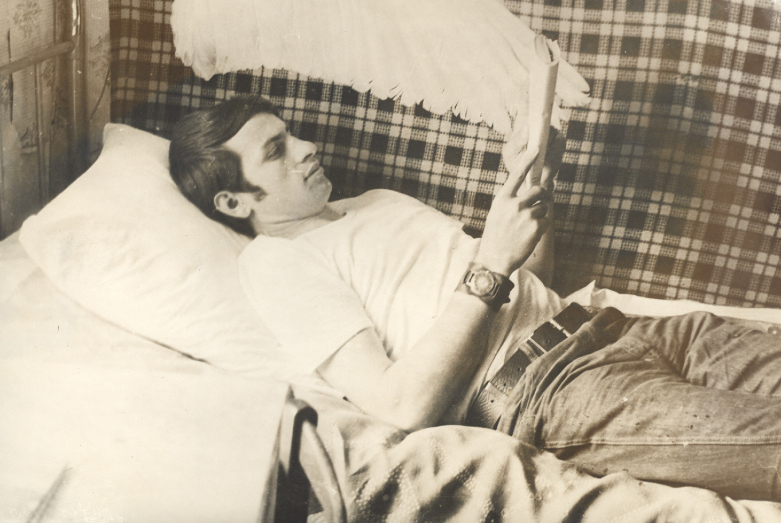
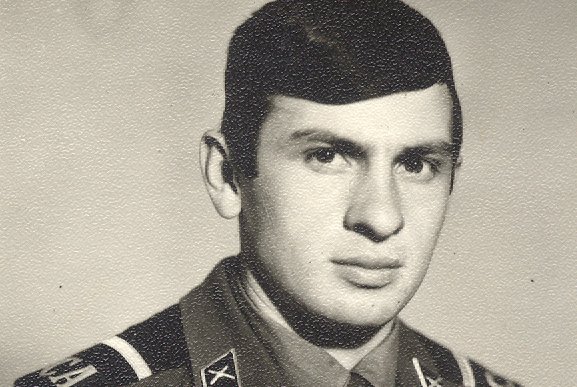
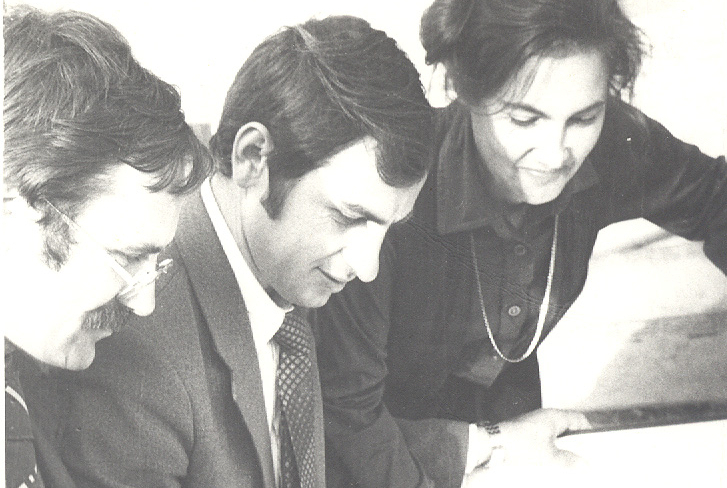
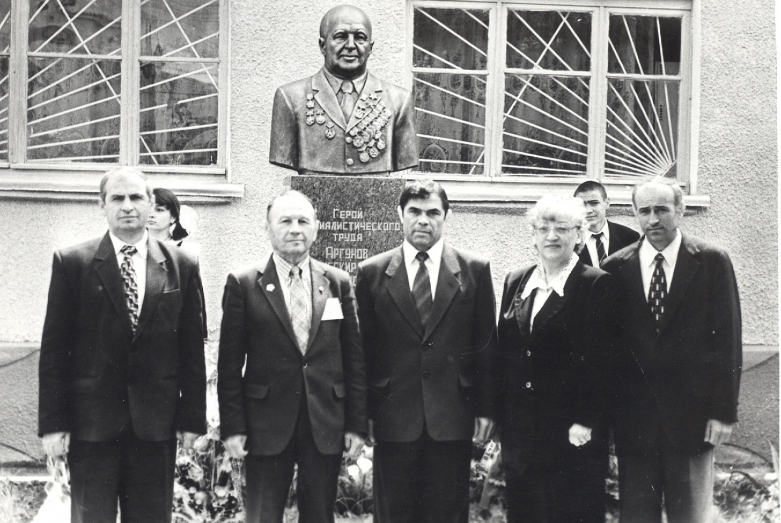
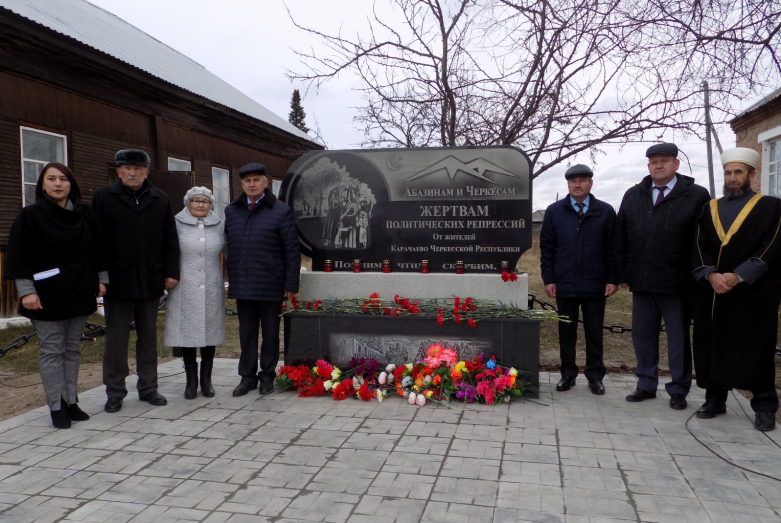
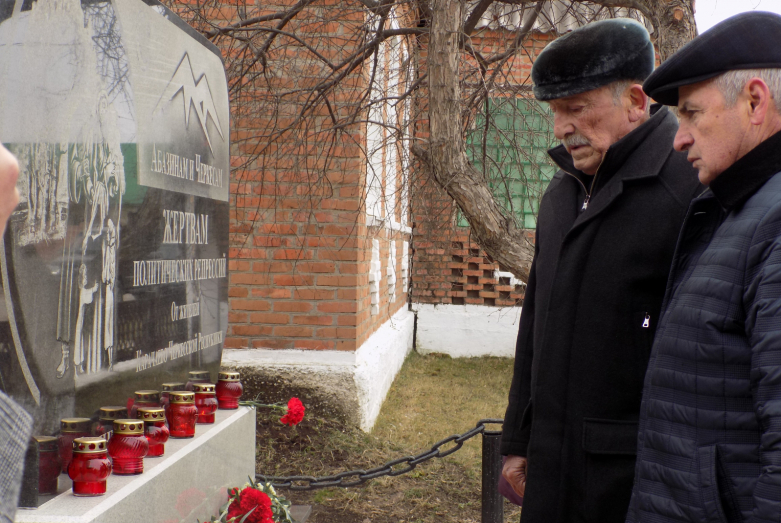
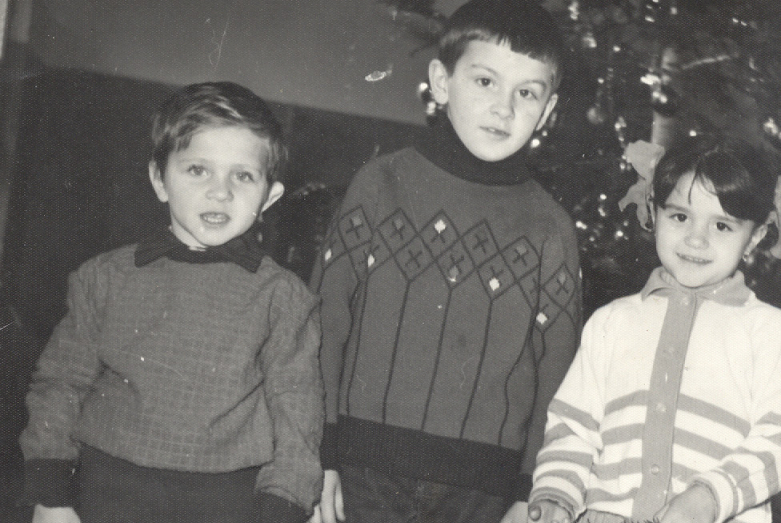
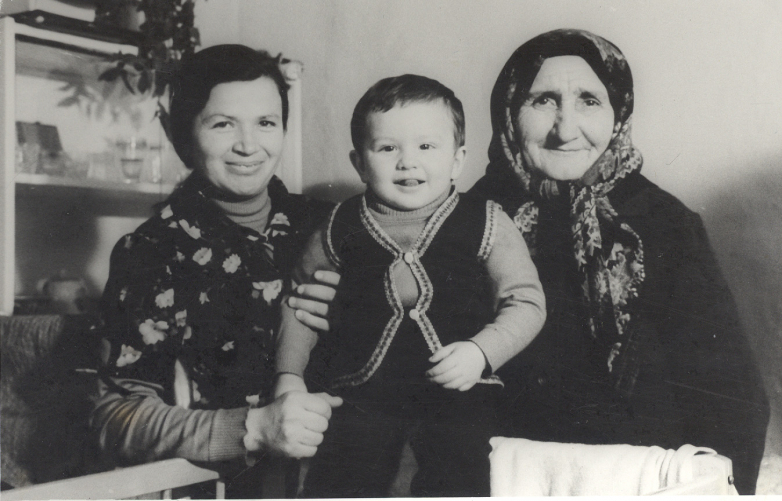
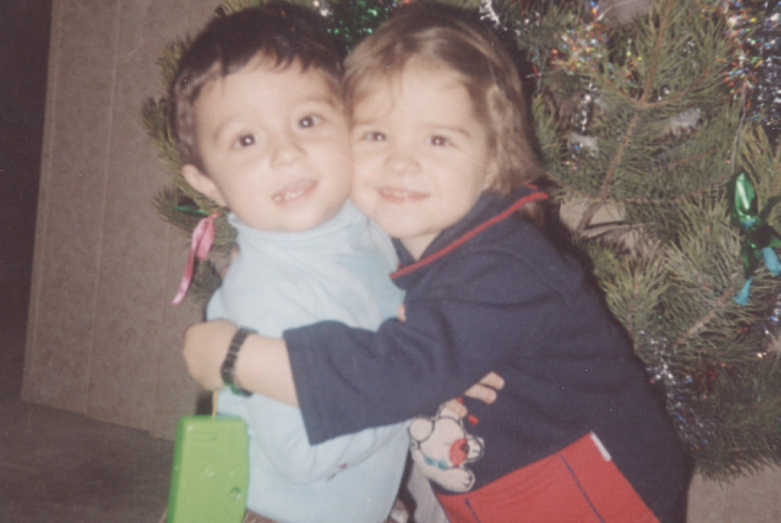
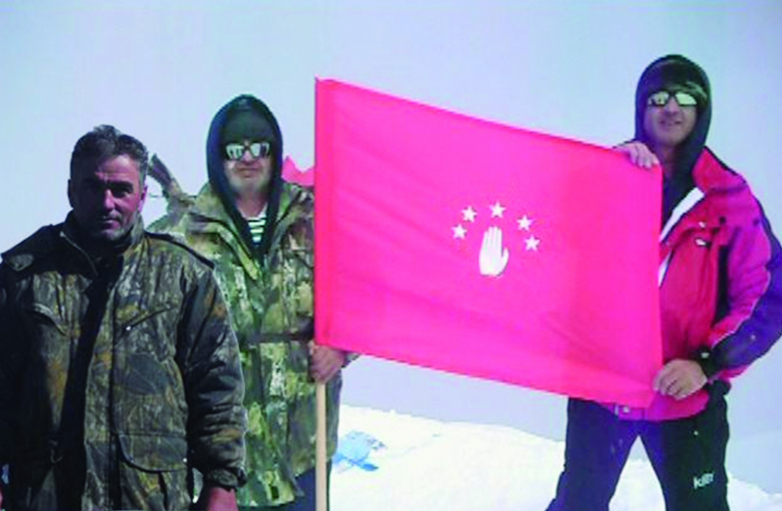
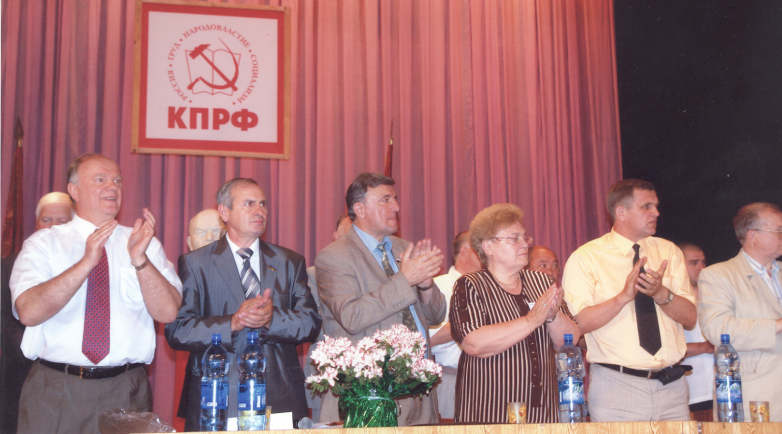
to login or register.